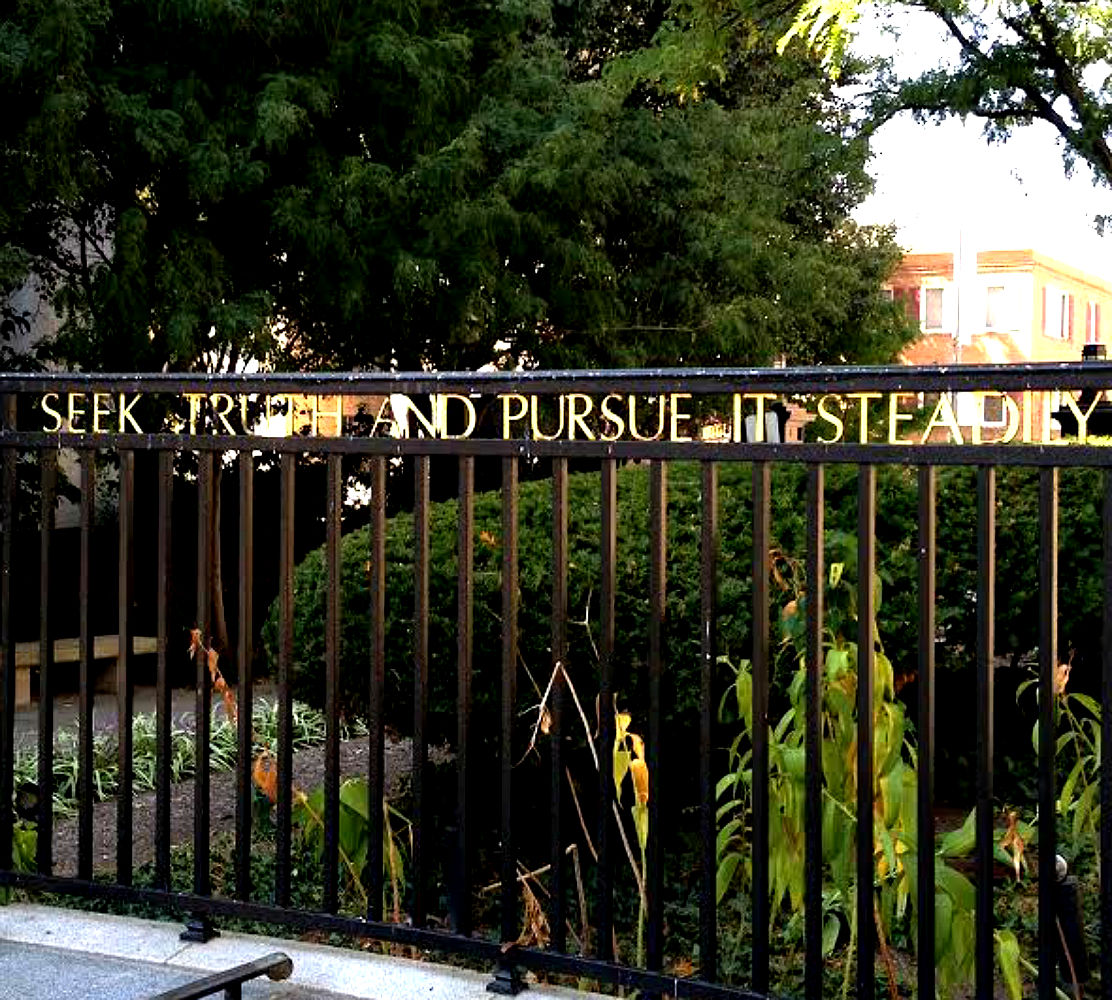“Clowns to the left of me, jokers to the right. Here I am, stuck in the middle with you!” – Stuck in the Middle with You, Steeler’s Wheel
Today is Doctor’s Day, established to take a moment to recognize and honor the work and contributions of doctors.
The first thing I read today was a message from current Massachusetts Medical Society President, Dr. Richard Pieters, who in speaking about Doctor’s Day reminds us all that the focus of the day is not just physicians, but the physician-patient relationship. The physicians of the Massachusetts Medical Society have declared that this Doctor’s Day we recognize “the basic principles that the doctor-patient relationship is confidential and sacrosanct.”
In his piece, which discusses this in the context of gag laws preventing physicians from asking about gun ownership and gun safety in the home, he emphasizes the efforts of physicians to focus on the patients and have unencumbered and protected conversations. It is impotent to protect both directions of these conversations—patient to physician as well as physician to patient. He further stresses the importance, and danger, of government laws, rules, and regulations that would insert themselves between physician and patient, silencing physicians or compelling them to include specific proscribed content.
I could not agree more. I would in fact go even further. Continue reading



